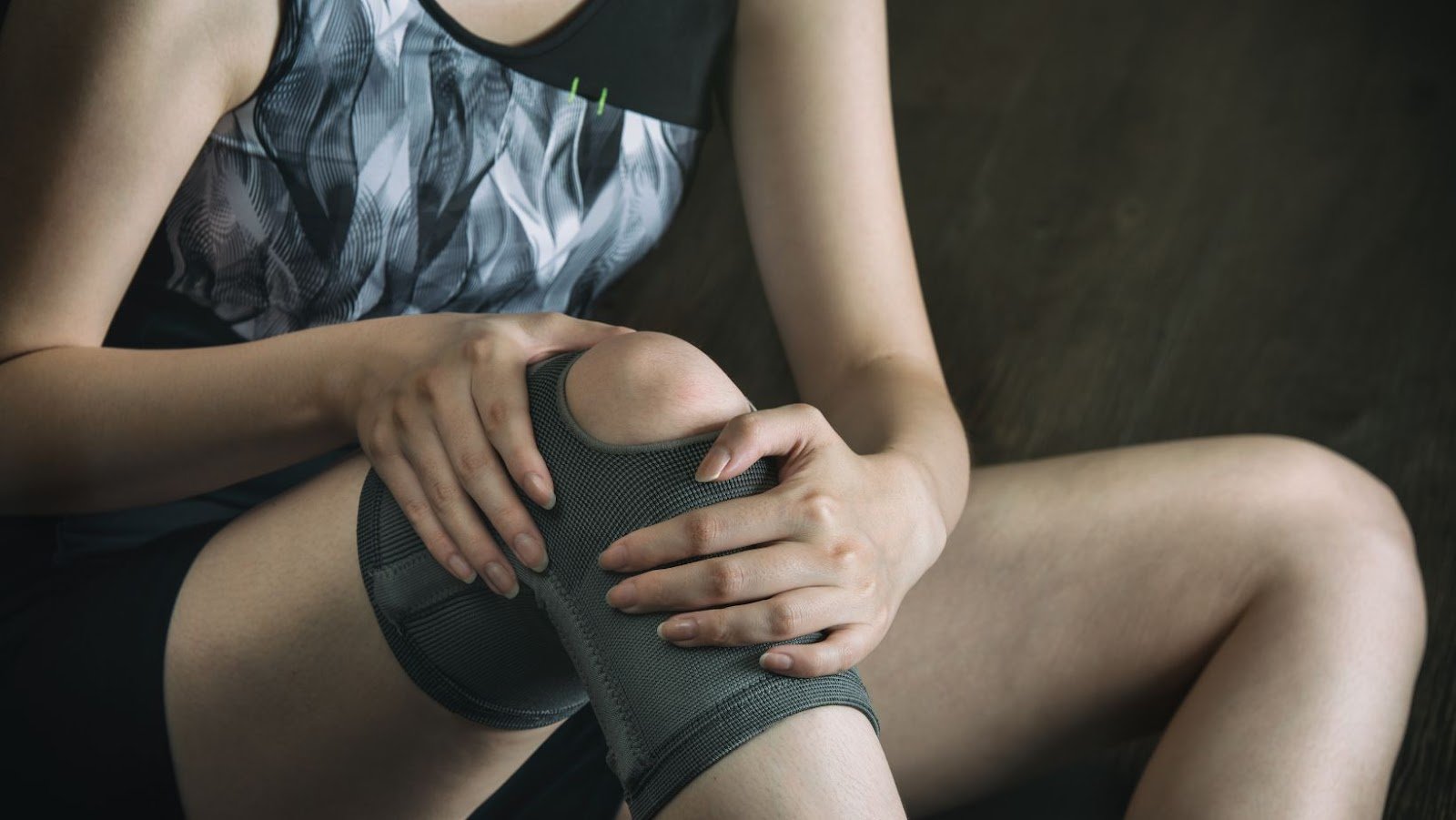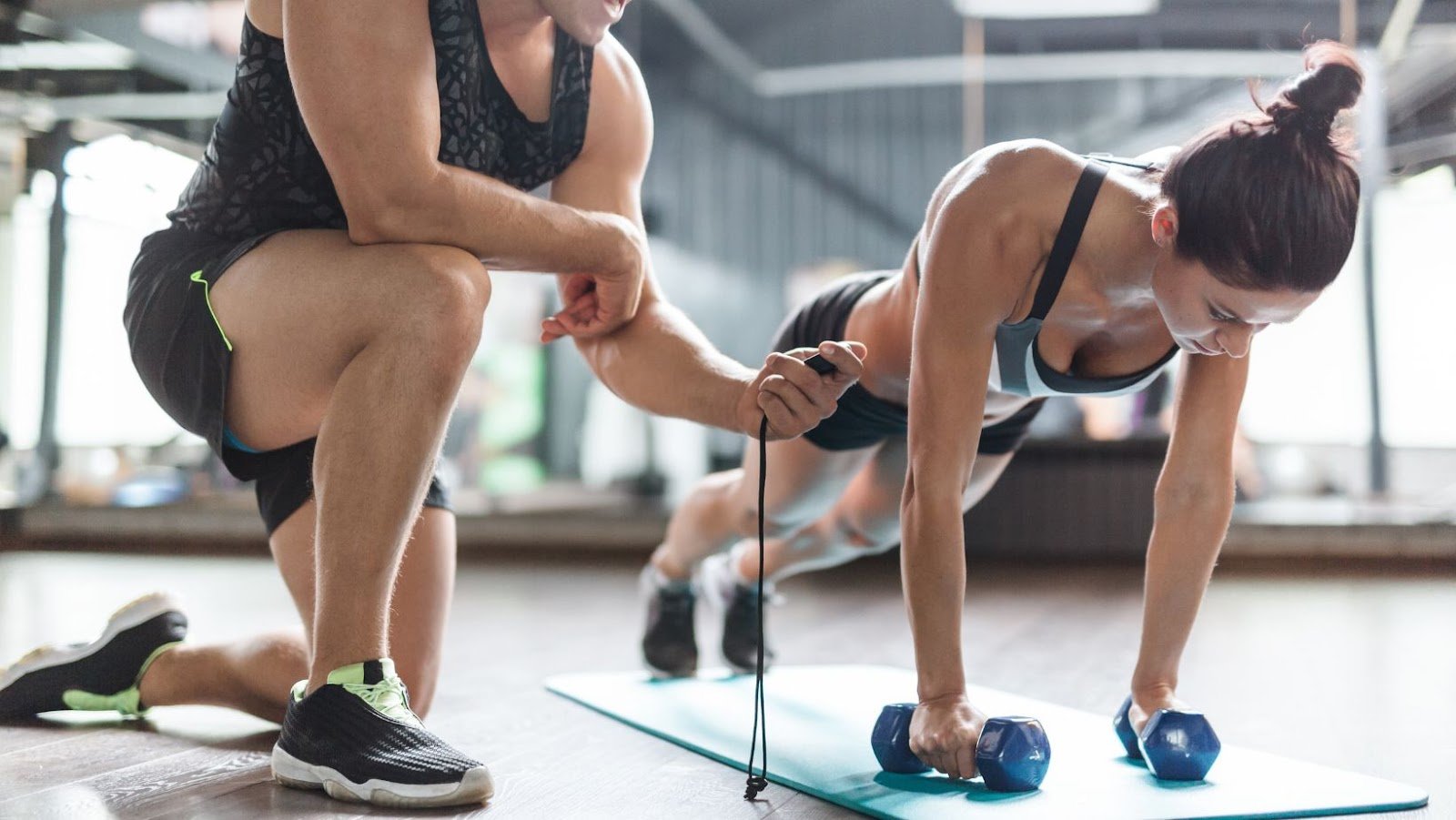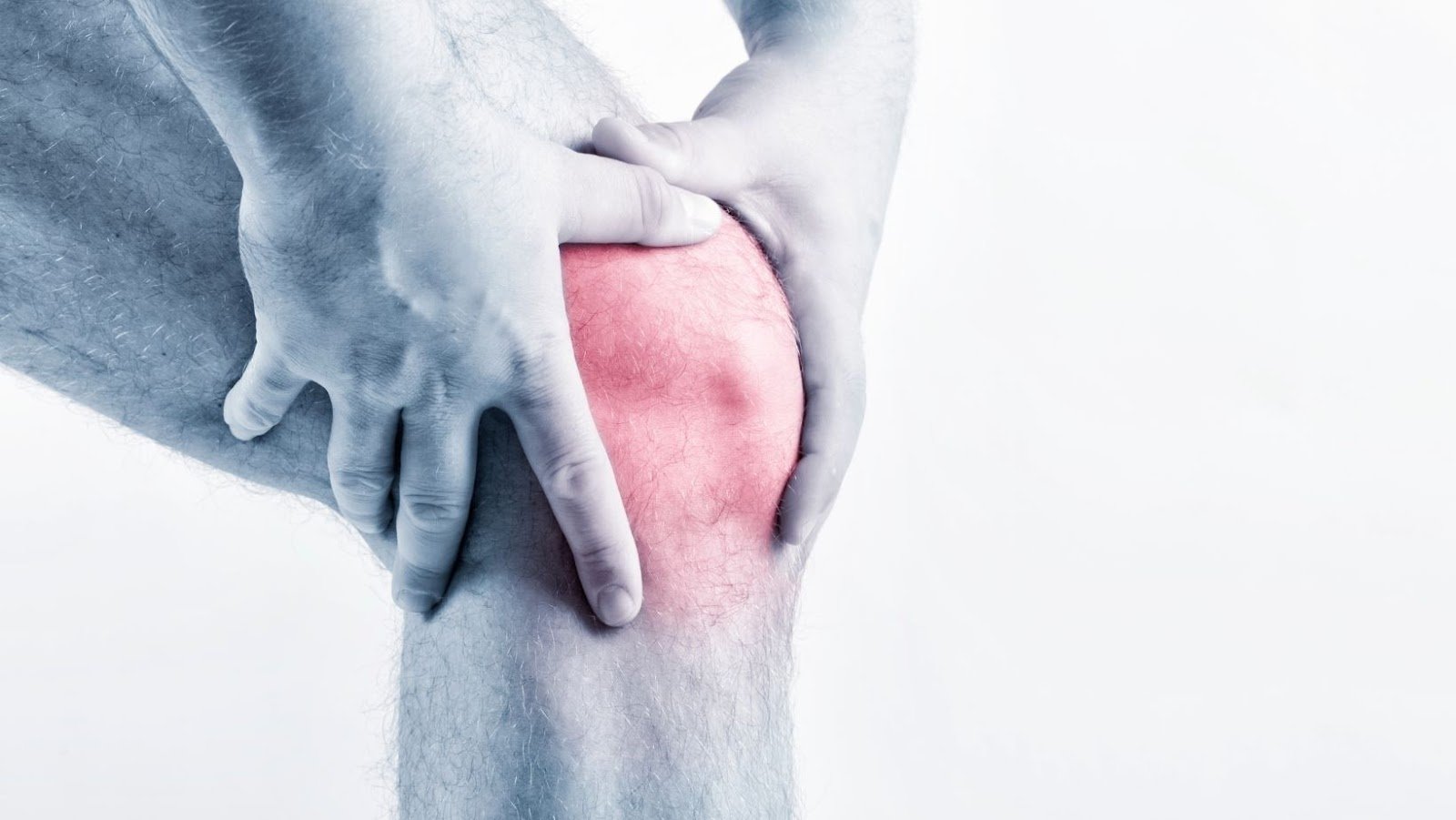Are you putting too much pressure on your joints or muscles? When your body is out of shape, and you overdo some activities, you can easily put more pressure on the muscles and joints, resulting in tendinitis. Tendinitis Portland is common in athletes considering the demanding physical activities they undergo every day. Nonetheless, activities as simple as painting the ceiling can also contribute to injury if your technique or body mechanics are poor. The common tendinitis cases are the jumper’s knee, tennis/golfer’s elbow, and swimmer/pitcher’s shoulders. They are named per the area they affect, mostly the knees, shoulders, elbows, heels, and wrists. It happens when you put more stress on the joints, which tear and inflame the tendons.
The tissues can heal quickly when the damage is slight or only happens at lengthy intervals. Nonetheless, if the damage happens more often with repeated impact, it can cause significant pain.
Most tendonitis cases can be treated and managed with rest, medication, and physical therapy. If severe, you might experience a tendon rupture and may have to undergo surgery. The good news is that tendinitis is often preventable, especially if you understand the common risk factors. The risk factors include:
- Age: As you age, your tendons tend to become less flexible. This makes them more susceptible to injuries.
- Occupation: If your routine includes forceful exertion, repetitive motion, vibration, awkward positioning, or recurrent overhead reaching, you are at a higher risk of injuring the tendons.
- Sports: Sports requiring repetitive motions increases tendinitis risks, more so if you are not in top shape or your technique is not at its best. Such sports include swimming, tennis, golf, baseball, running, basketball, and bowling, to mention a few.
While you can’t prevent aging, you can take measures to lower the injury risks. Among the preventative measures to include in your routine include:
Take it easy

The primary culprit in tendinitis is overuse. Therefore, avoiding activities that put excessive stress on the tendons is recommended. This is more so for prolonged periods or when you notice that a particular activity is causing you pain. In such instances, rest is advised to allow the tissue to heal.
Ergonomics
You can’t stop working since you need to earn, but you can make the workplace safer. Adjusting your hair, investing in an ergonomic keyboard/mouse, and desk following your arm length and height, among other changes, can help protect the joints and tendons from excessive pressure.
Train
Training, especially in sports, helps you to use your body optimally. You will improve your technique and prepare the muscles, making it easier to withstand the workload and stress. If you are starting a new sport, seeking professional guidance can help you tailor the training to ensure the exercises don’t expose your joints and tendons to more chances of injury. This includes how to use certain gear/equipment and when and how to stretch and warm up, among other considerations.

Spice it up
Staying physically active is essential for your health. If you notice that your exercises are resulting in pain, you don’t have to quit. Mixing it up can help you eliminate the extra stress and keep going. Try lower impact exercises, giving the tissue a break to heal and keep the persistent pain away.
Seeking professional help if you suspect you have tendinitis is essential. This helps you avoid persistent irritation that can lead to tendinosis, a degenerative change in the tendon. Contact Sports Health Northwest, Inc for more information about tendonitis, treatment, management, and prevention tips.












































































































